
Bible:
Prelude:
After returning to Japan from the U.S., our children enrolled in an international school in Sendai.
They seemed to enjoy their life in Japan. My husband worked as a neurosurgeon at a hospital in Ishinomaki City. He returned home on Saturdays and, went back to the hospital after a service at the Holiness Church Shiogama.
In the meantime, the Takemi Program of the Japan Medical Association contacted my husband.
The organization offered to pay for his tuition for a master's degree in International Health at Harvard University in Boston. He appreciated and accepted it. And a year later, he had already been assigned as a team leader for JICA's long-running health and hygiene project in Nepal.
Tomoyuki was in Boston for his last year in high school. He joined the track club and ran the 400-meter race, Yoshiyuki was in the tennis club, and Norimichi was in the long-distance running club. My husband and I enjoyed watching their activity.
We attended services at a local church, but we knew there was a Japanese service in the afternoon at the same church. We joined that service as well.
I hoped to do CPE again (Chaplain training) following Mayo. My husband suggested that Brigham and Women's Hospital at Harvard University would be a good choice, so he arranged for me to go there. This time, since I was with my family, I decided to take once a week in the one-year program so that there would be no disruption to our lives.
The training was almost the same as Mayo, but I was not assigned to preach on Sundays. In Mayo, we met with colleagues every day for three months, so we could often talk about our experiences, have meals together sometimes, play golf, and enjoy ensemble concerts. However, we had little chance to contact each other because everyone was busy.
They spoke very fast with their distinctive Boston accents and it was difficult to catch their conversation. On the other hand, my supervisor was very attentive and gave me a lot of advice, which was a blessing. There was a regular visit and a night shift. I want to share with you a few episodes from that time.
I was called on the night shift to visit the emergency room.
It was a surprise because the patient was a lady colleague of the chaplain trainees.
I asked her, “What brought you here?” She replied, "I was at home and suddenly became anxious, and I started hyperventilating and having a hard time breathing, so I called the ambulance." I took her hands and stayed with her for a while. I told her, “I wonder if when we are healthy, we sometimes do not have enough empathy for patients even though we are chaplains. I know you had a hard time, but I think this experience means a lot to you, so let's try to stay positive." She reassured me by saying that she agreed with what I told her. She returned home the next morning and went through the training without any problems.
As I looked around the rehabilitation room, I saw an elderly man who was about to cry, "I can not do this anymore!" He was gasping for breath and seemed to be unable to walk.
When he went back to his room, I asked him, "Are you all right? I am Chaplain Ono.” I put my hand on him and walked with him to his room. He was an American from India who had undergone surgery for lung cancer and was undergoing rehabilitation to return home soon. He collapsed on the bed in his room, saying that the rehabilitation was too painful and very hard for him.
His wife gently patted his back. I felt so sorry for him.
I asked about his religion and knew that he was a Christian, not a Hindu. I prayed for strength for him to able to continue the rehabilitation. However, I confirmed with him if he wants me to tell the rehabilitation doctor how hard it is for him. He said, “I appreciate it.” The next day, I visited the rehabilitation doctor. I told him, "Could you please reconsider the extent of his rehabilitation because he feels so anguished?"
The doctor told me, "Yes, I know it is tough for him, but he needs it. Well, I'll be think about it more. Thank you for taking care of him and telling me that."
When I was hospitalized 11 years ago for an incurable disease, I underwent daily rehabilitation for about 30 minutes in my room, but it was so painful that I finally gave up. I couldn't stand it any longer and consulted my doctor. I had no choice but to have a new rehabilitation therapist, and I was able to continue. I think it is important to make adjustments taking into consideration the range that the patient can accept, even though it is necessary to do.
I visited a gentleman who had undergone surgery for "stomach cancer" and would soon be discharged from the hospital. He asked, "How long do I have left to live? The doctor has not told me anything about my prognosis. I am about to be discharged from the hospital, but I cannot sleep because I am anxious every night. Please pray for me."
I believe that all the doctors in the US give a proper explanation about the results of the surgery and progress.
I asked the patient, "Do you want to know your prognosis, even if it is bad news?" He answered clearly, “Yes, I want to know.”
I asked him, “Would you like me to tell your doctor about it?” He replied, "Yes, please do it.”
I prayed to God, “Please heal him. He accepts to leave all the prognosis to you, and I ask that you guide him so that the doctor's explanation will be sufficient and he can return home with peace.”
I visited his doctor and told the patient's desire.
The doctor said, "I understand very well. I will explain the situation tomorrow.”
How about this kind of situation in Japan?
When a chaplain takes a patient's side, a doctor does not like it.
However, I was very fortunate that whenever I conveyed my patient's feelings the doctors accepted me at both Mayo and Brigham.
I can say that Japan has a small religious population.
Even Buddhists do not necessarily live their lives religiously. Japan has few chaplains. Instead of chaplains, psychologists or social workers are doing the same role.
I hope that more chaplains are trained in our country.
Chaplains are not only Christians but people from all religious positions. What is essential as a chaplain is that we should not impose our religion or values on our patients.
We strive to broaden our perspective more so that we can grasp what the patients need.
In the meantime, I recognized that I felt mildly depressed.
I did not want to fall seriously ill like before, and the medication I had brought from Japan was running low.
I immediately went to see a psychiatrist near my house.
I had medical insurance, but the consultation fee was $150 for 30 minutes. The psychiatrist told me, "I will give you the medication, but I recommend you try psychological counseling?” He introduced me to a Ph.D. clinical psychologist.
The community offers discounts to residents and same to foreigners who are living in the area as part of the community health care system. The cost was only $15 for a 30-minute session.
I was so grateful for it.
The clinic was near my house, and I went there every Wednesday. The clinical psychologist listened to me attentively and suggested that I knew myself well and I could be more relaxed.
I could enjoy my life and continue this chaplain training for a year in Boston.
I recognized that psychotherapy is so helpful in addition to psychiatric treatment.
I am sorry that Japan has very few clinical psychologists in some areas.
There are now online programs for non-specialists to learn “How to listen” or "Cognitive Behavioral Therapy."
If you are interested, please try to search for them.
Knowing about mental health is helpful for not only people who have problems but all people.
Developing a strong mind against stress is helpful.
We live in a society where the nuclear family has become the norm, neighbors do not get along, and there is no one we can trust to confide in about our emotional problems. We have a big challenge in how to break through reality because neither society nor ourselves can not change easily for the better.
We should always be willing to learn.
Sometimes we expect good luck by accident, with no effort, or only pray to God and do nothing ourselves.
We are sometimes late in lending a hand to others who need help.
Let us spend the remaining a few days this year helping each other. (To be continued)
Postlude:
I introduced him to you in my fourth report on the support for Ukraine while I stayed in Romania.
"Our church sent 50 gifts for the poor children in Romania and 70 gifts for the children in Ukraine, and on Thursday, December 22, there will be an evangelistic meeting and the choir will sing. Also, on Sunday, December 18, we go to a nursing home to sing and bring gifts for them; on Sunday, December 25, there will be a children's program at the church. We have 110 children in the church. We want to bring them a gift to remind them of God's greatest gift, the birth of our Lord Jesus Christ.”













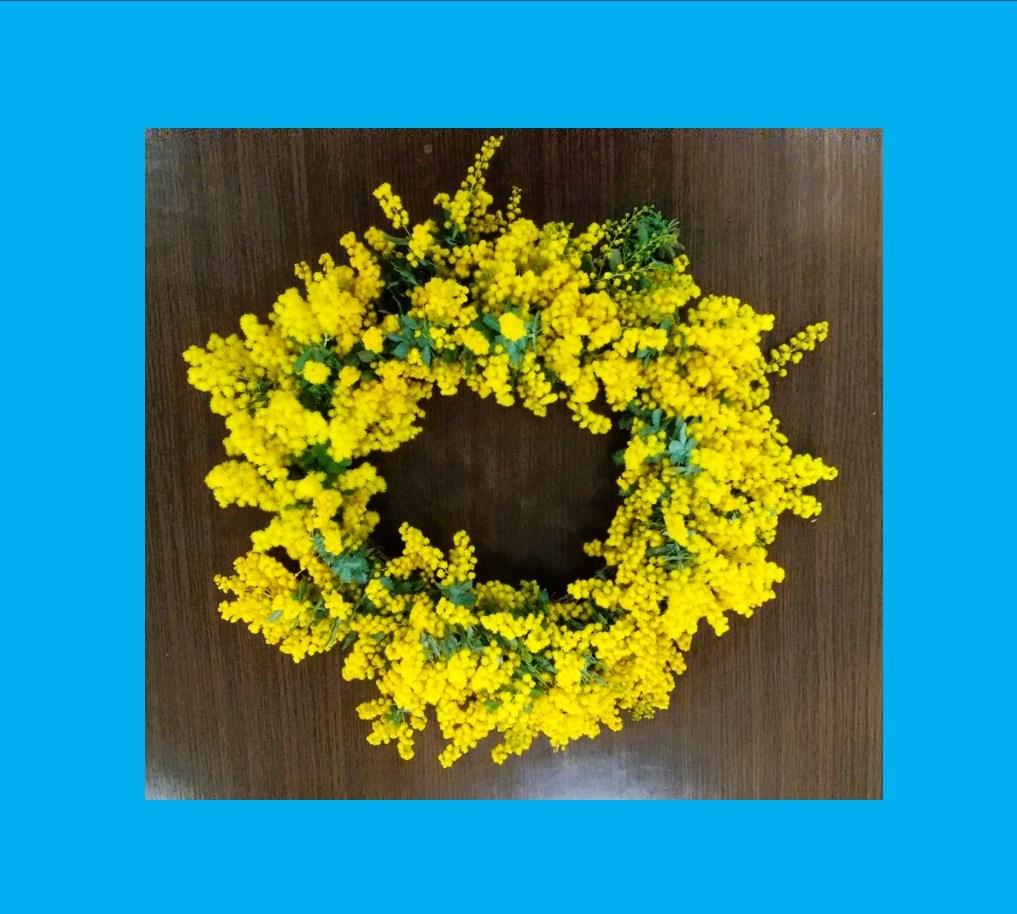
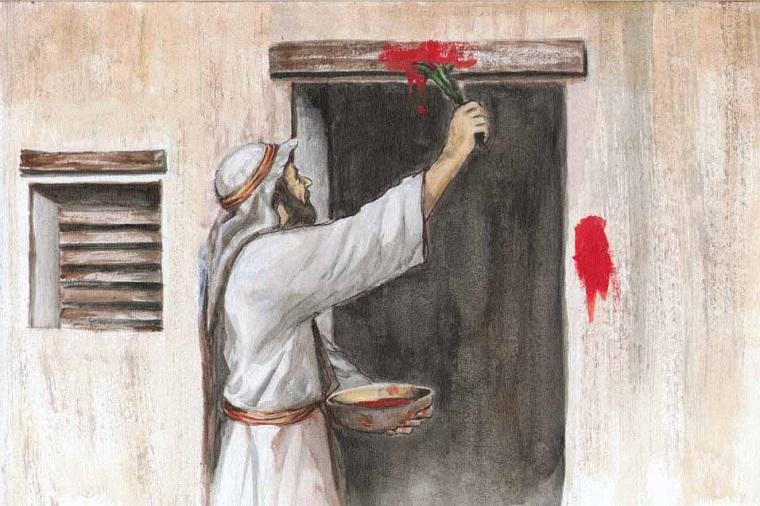

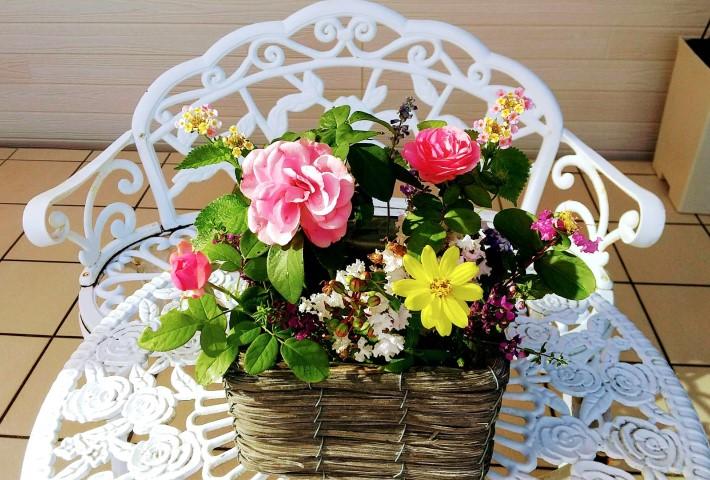

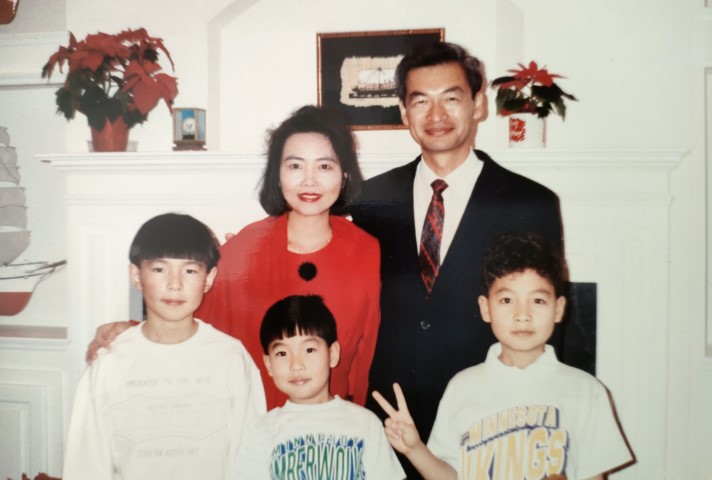




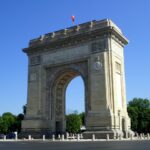
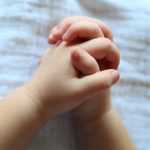





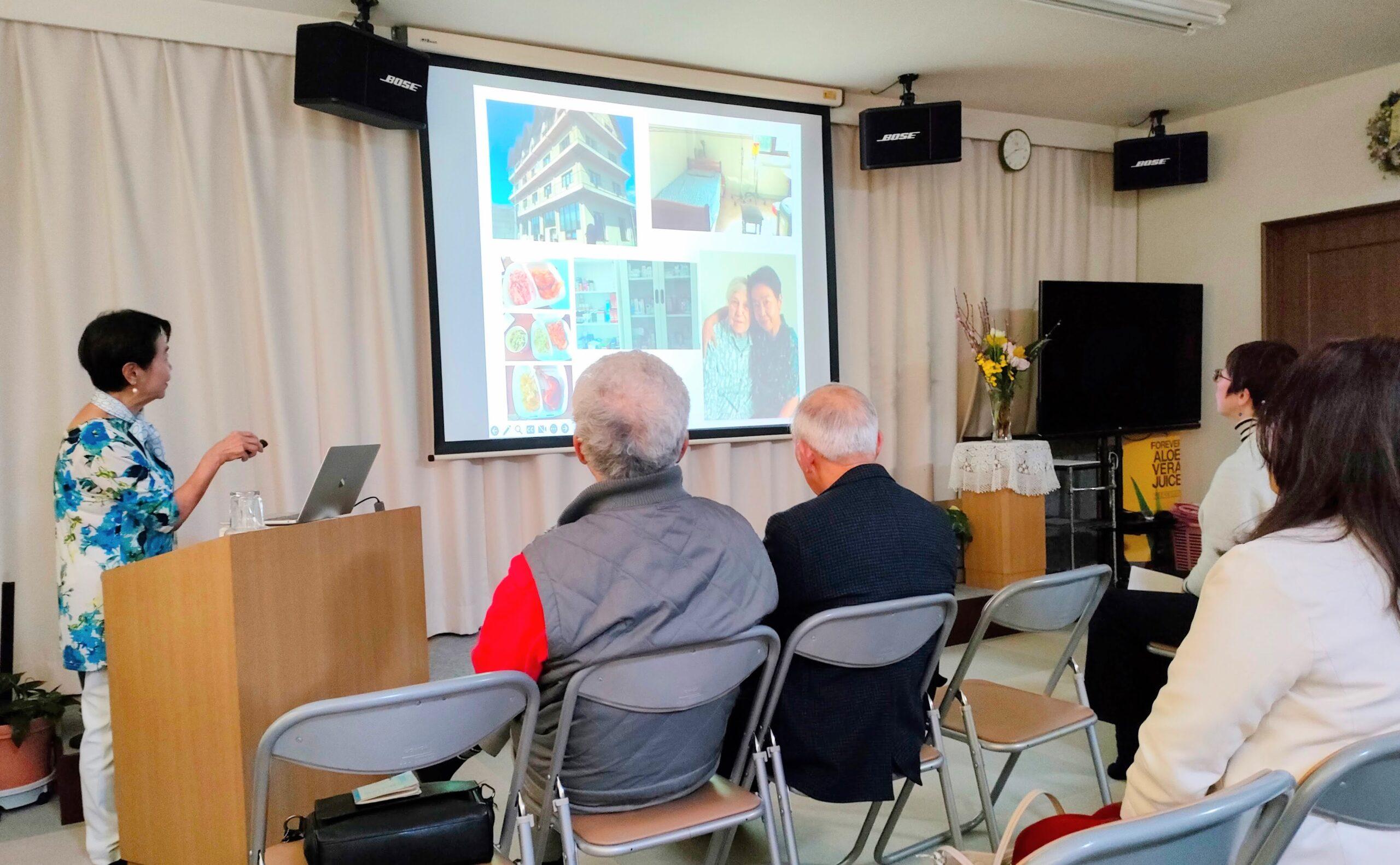
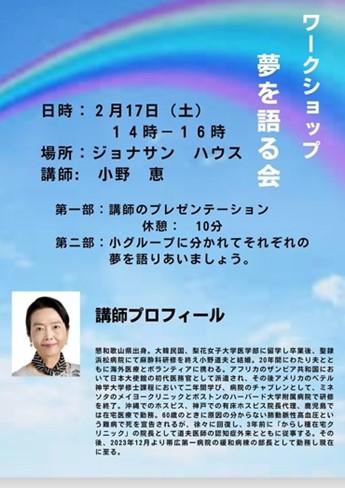
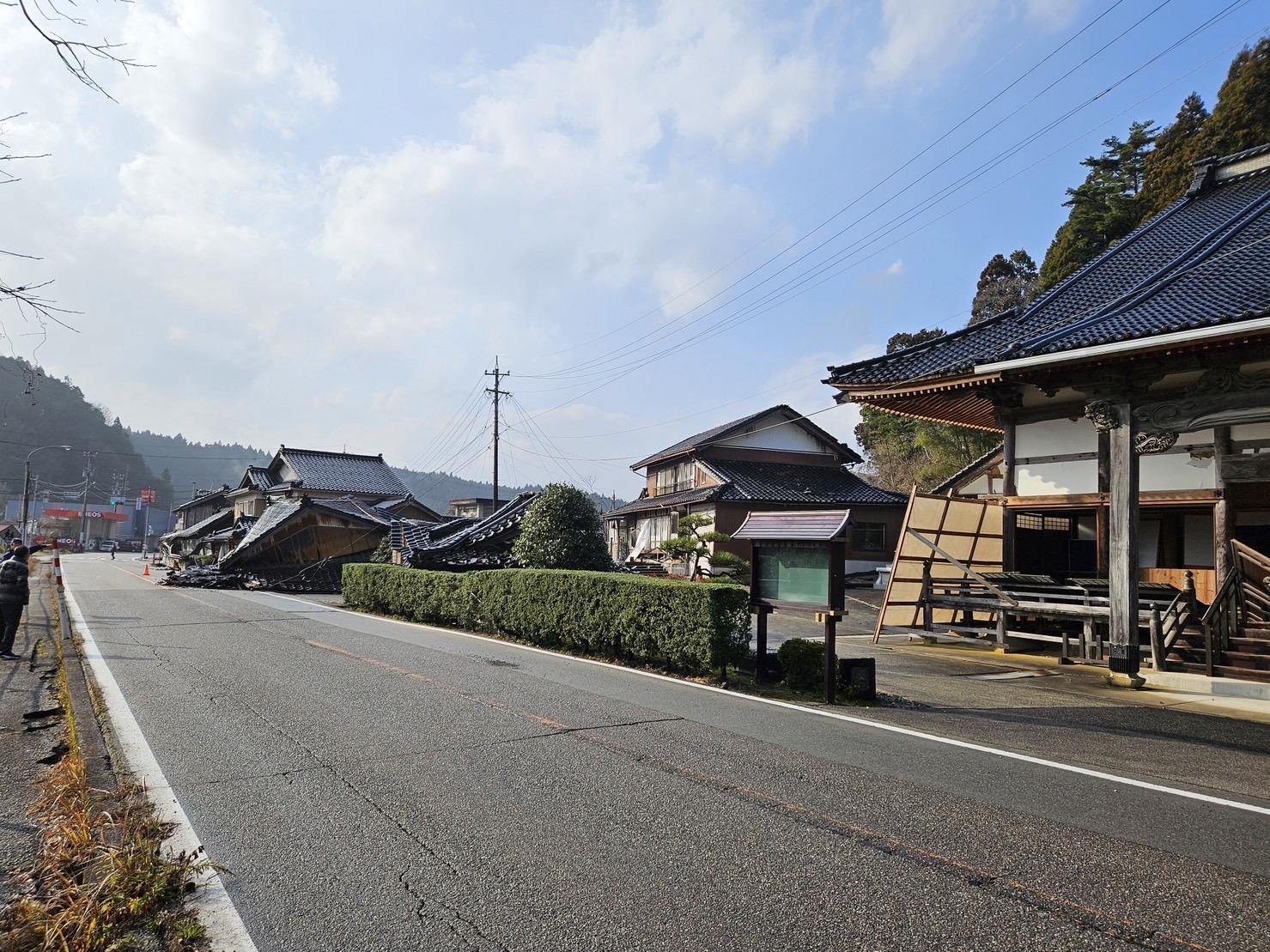
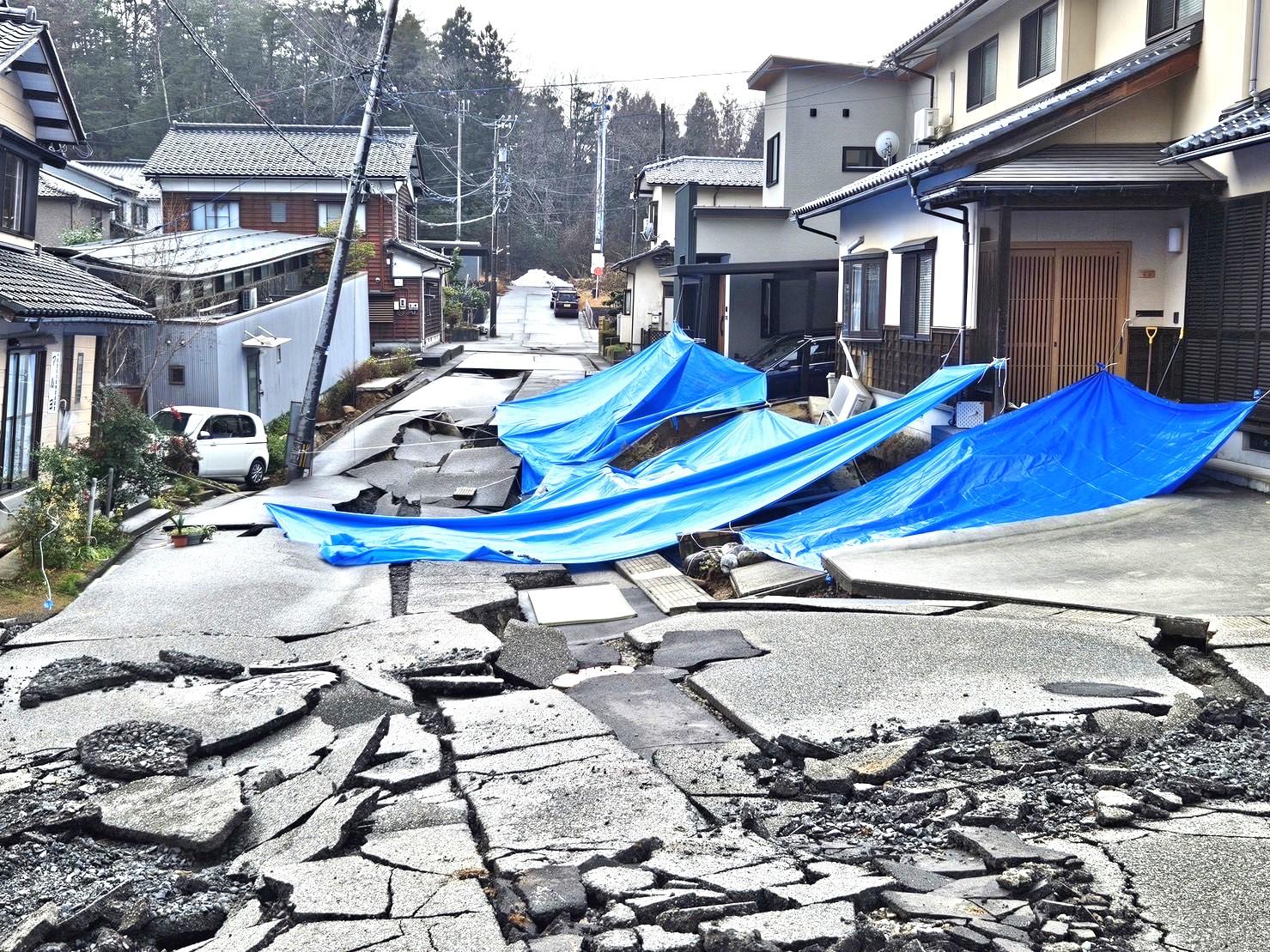
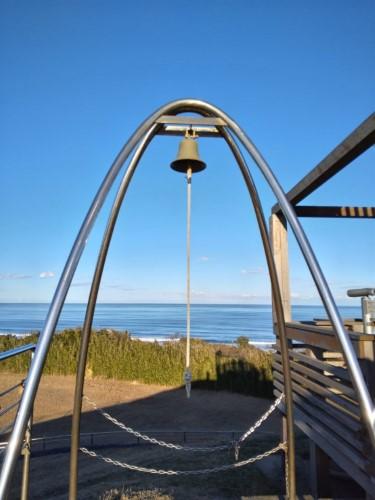

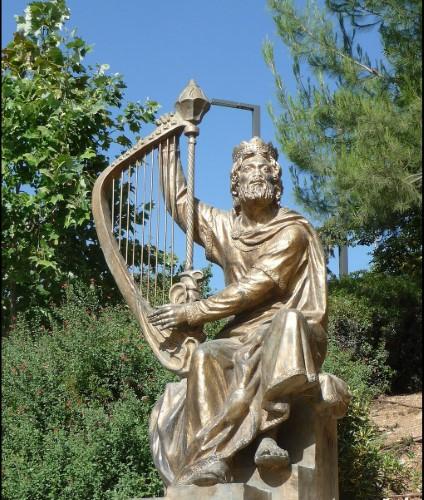


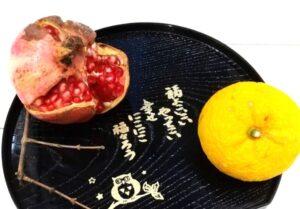
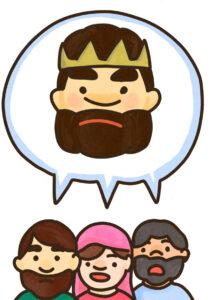
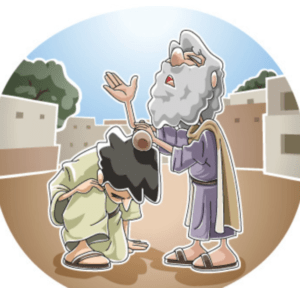

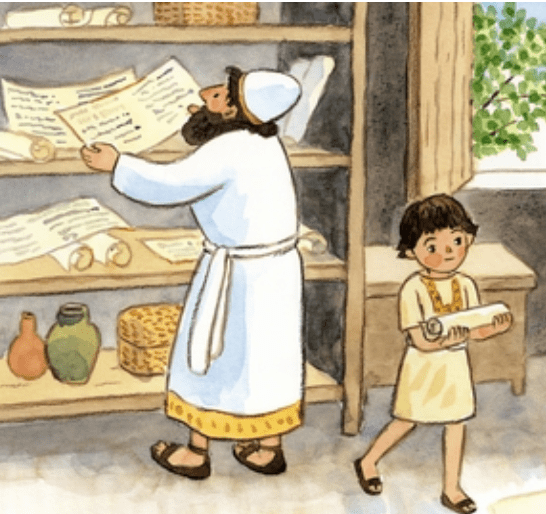
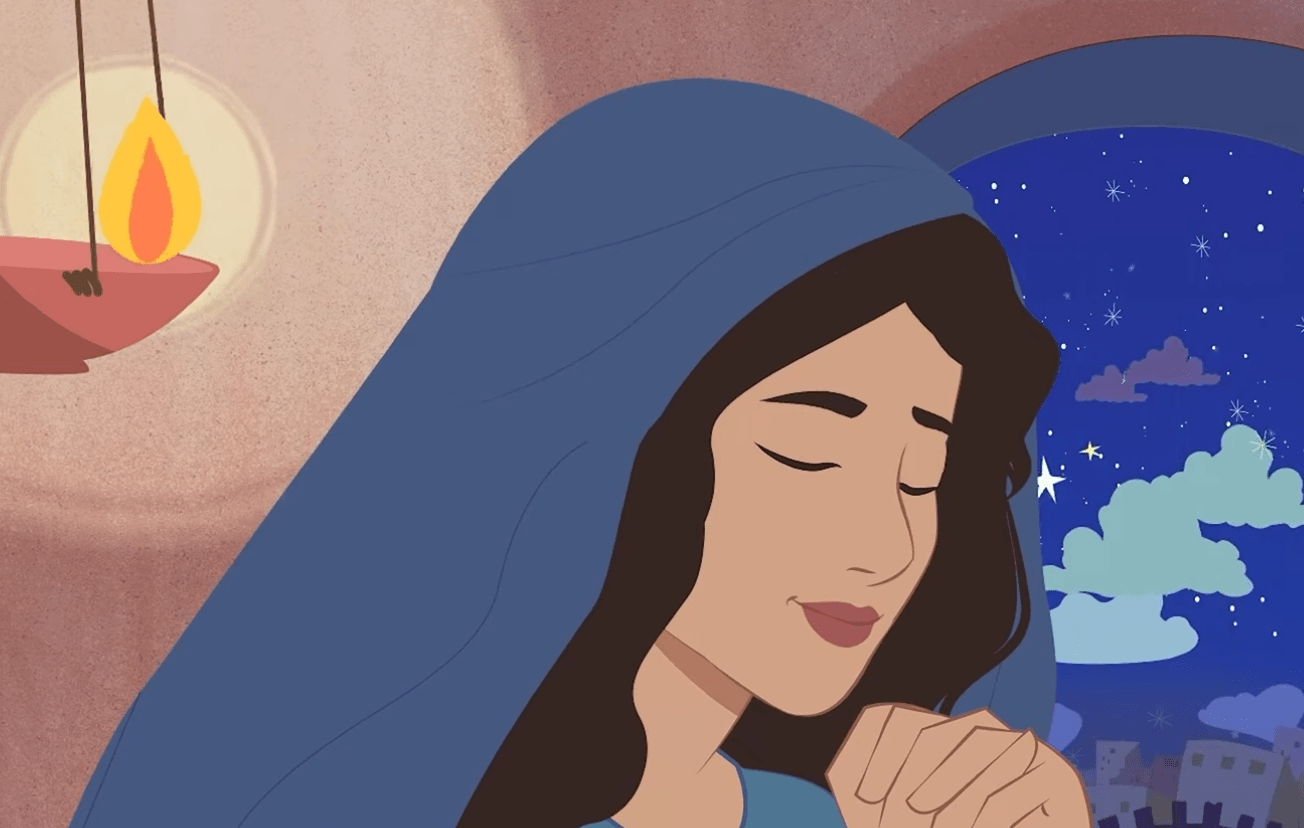
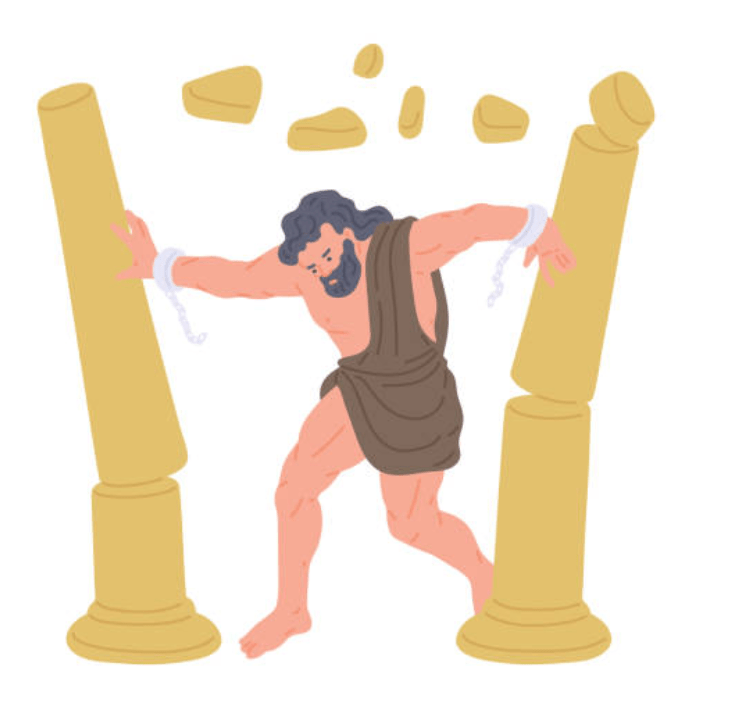

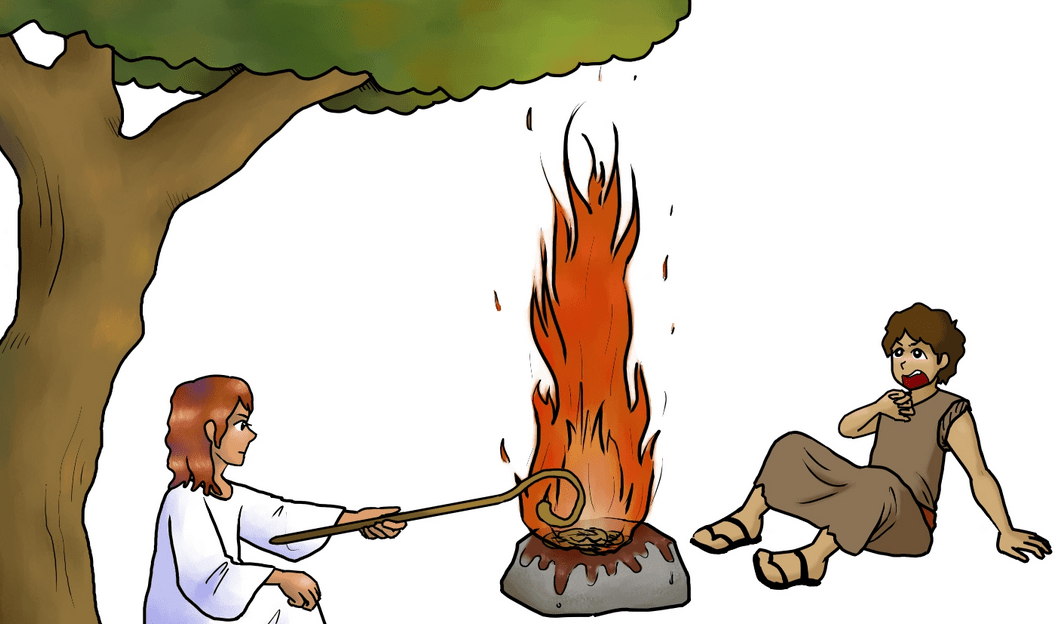
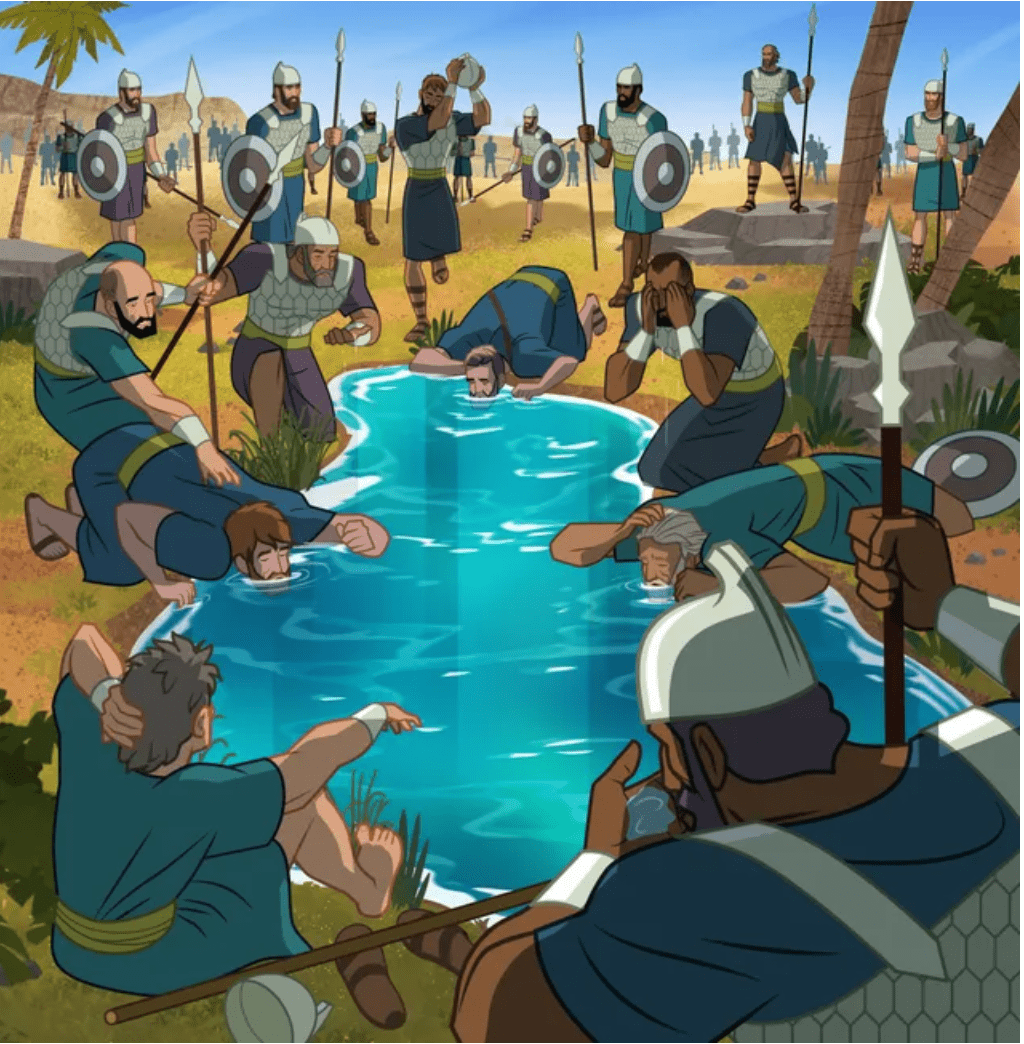
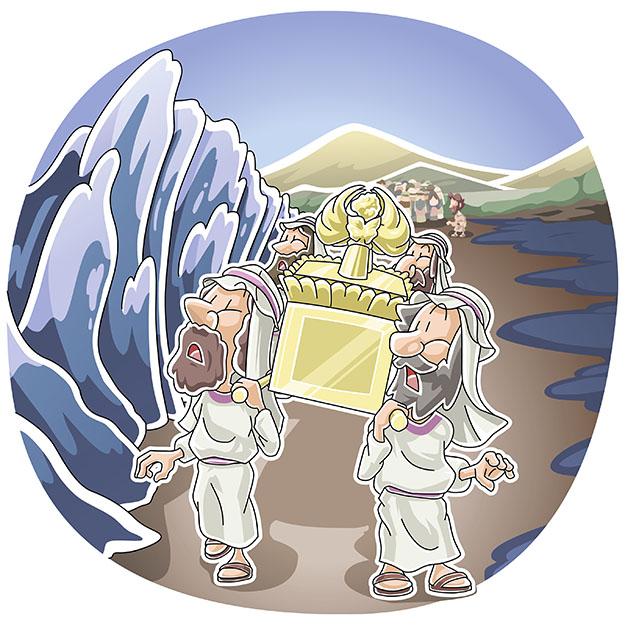
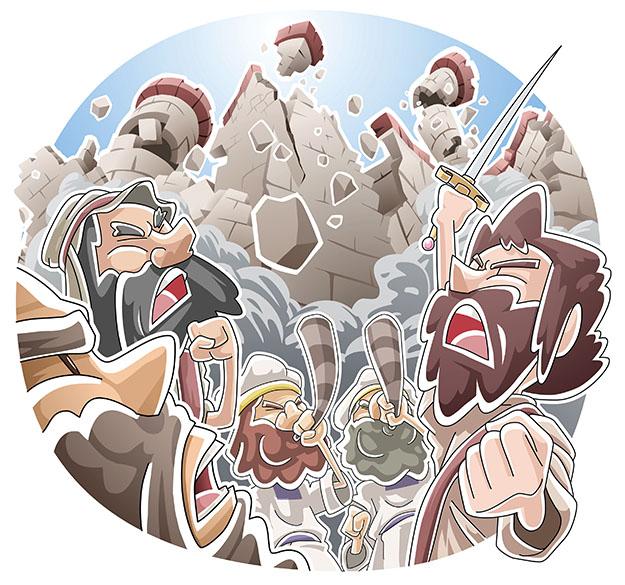
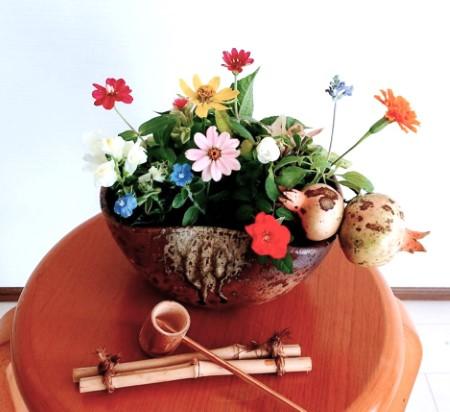
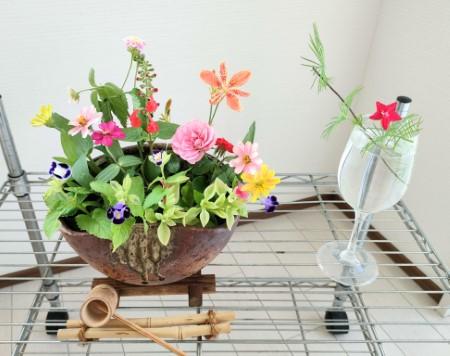


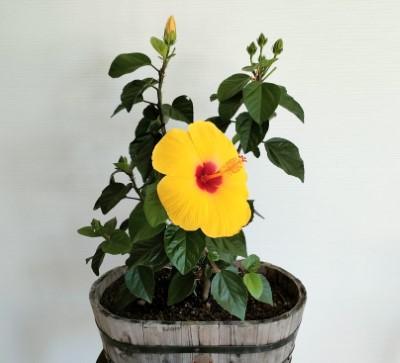



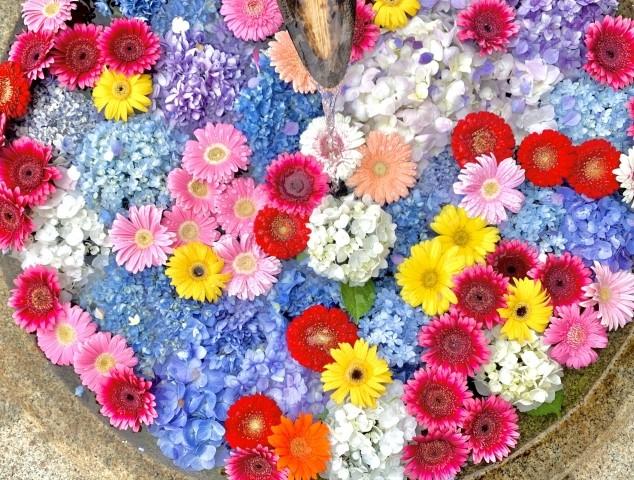
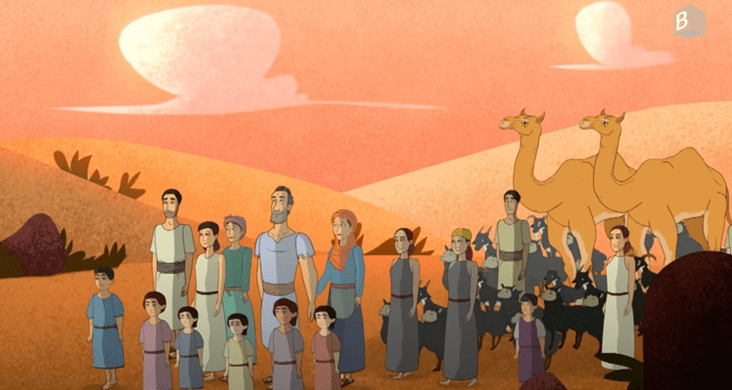
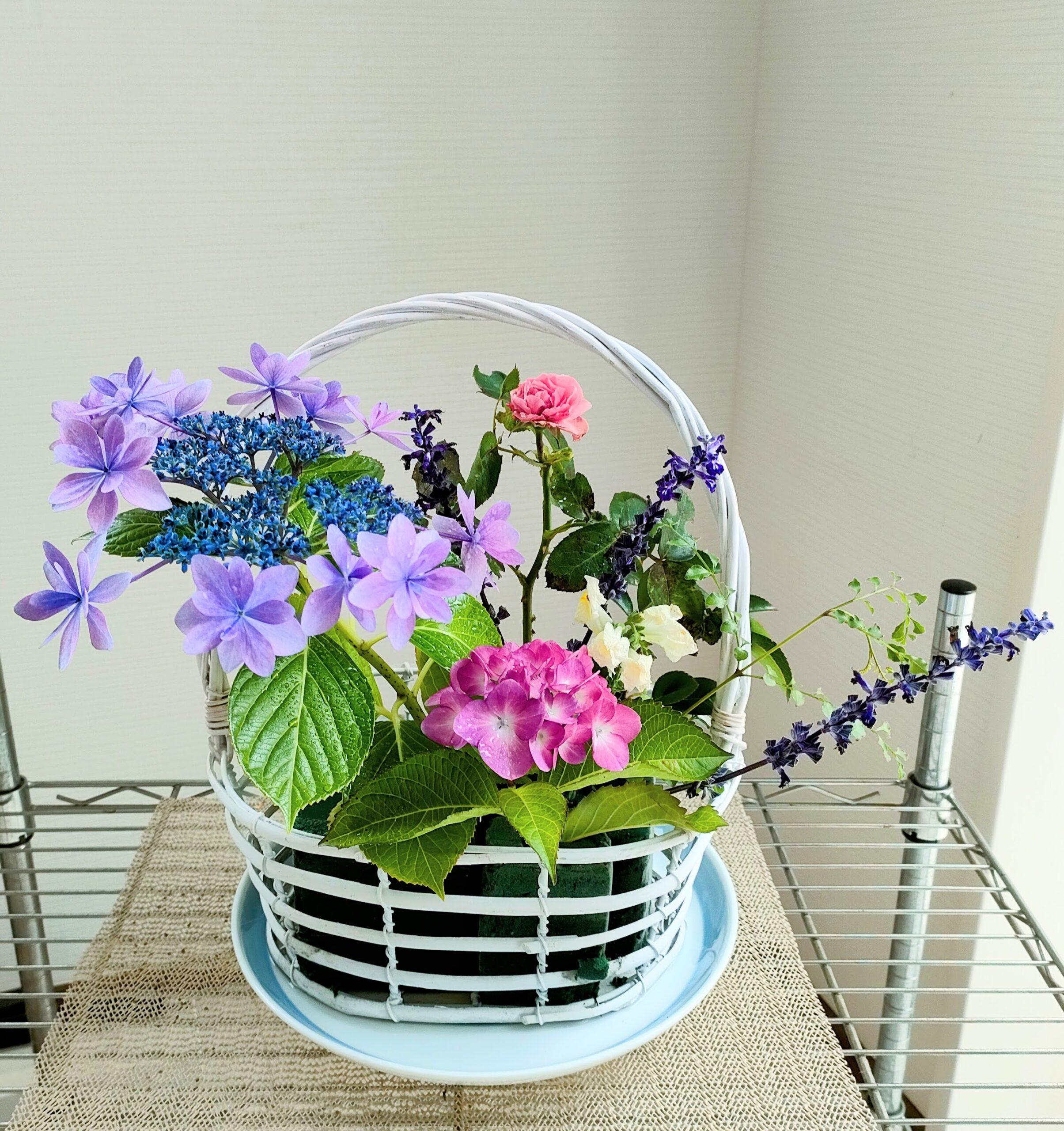






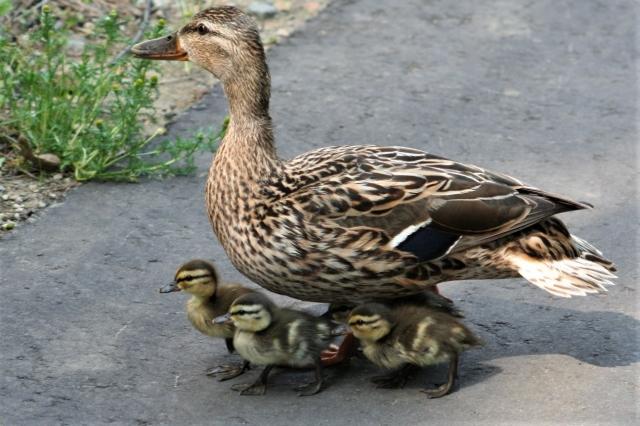
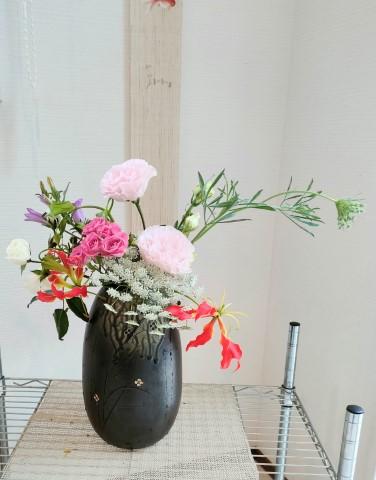




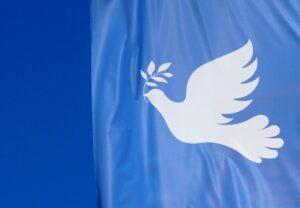






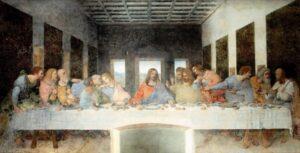
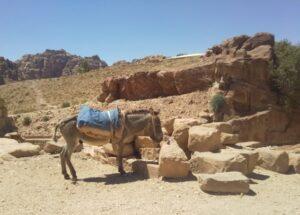










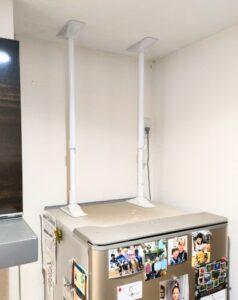













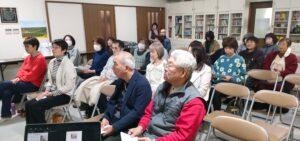
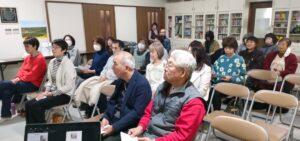
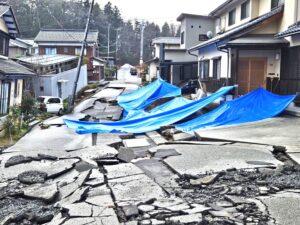
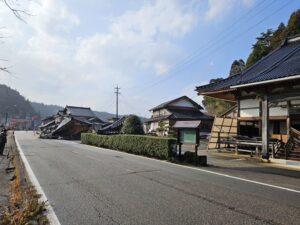
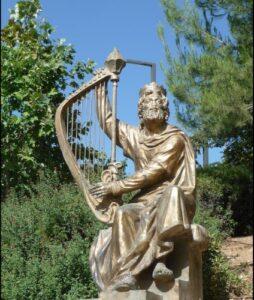

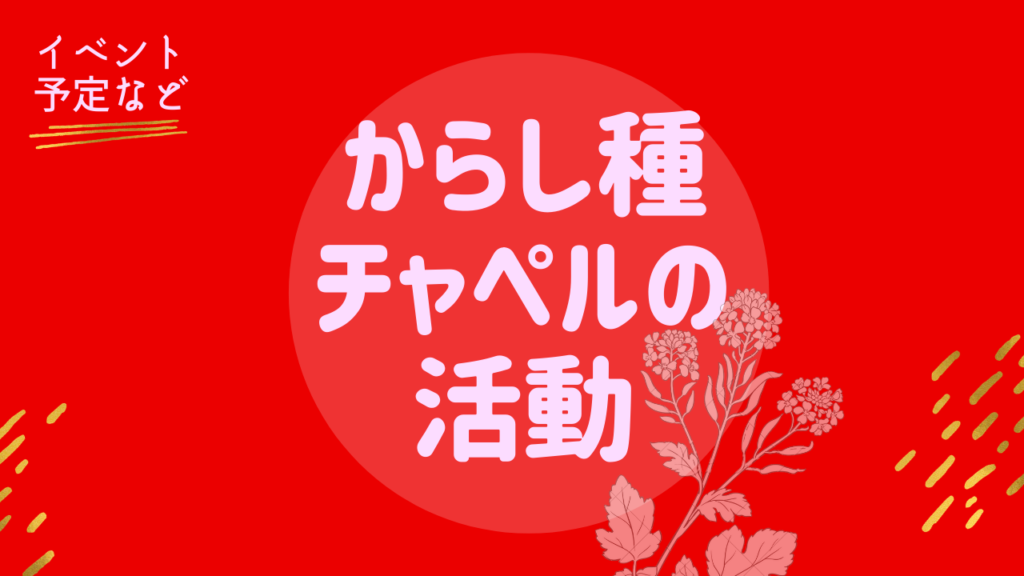 からし種チャペルの活動に関しては、ここからお入りください。皆様のご参加をお待ちしています。
からし種チャペルの活動に関しては、ここからお入りください。皆様のご参加をお待ちしています。